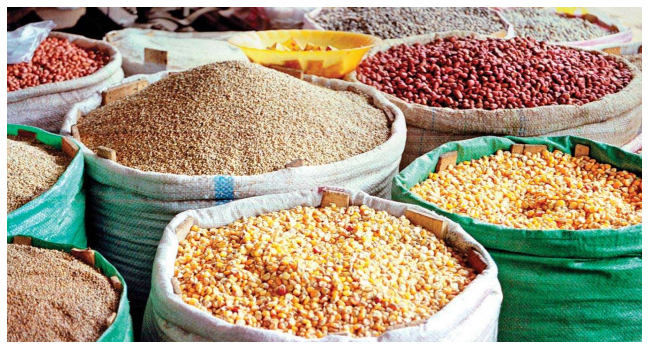In a significant move to tackle Nigeria‘s escalating food security crisis, the Federal Executive Council (FEC) has approved a major procurement plan involving 2,000 tractors, 4,000 disc ploughs, and 1,200 tractor trailers. This decision is part of the National Agricultural Mechanization Programme (NAMP), aimed at enhancing the country’s agricultural productivity and mitigating the effects of the current food inflation, which has surged to 40.5%.
The FEC’s decision, announced by President Bola Tinubu’s Special Adviser on Information and Strategy, Bayo Onanuga, on Wednesday, reflects a strategic effort to boost agricultural efficiency and food security. According to Onanuga, the equipment will be supplied by DMCC, a firm with experience in agricultural mechanization across several countries, including Zimbabwe, Kenya, South Africa, and Togo.
Onanuga stated, “The procurement includes 2,000 tractors, 4,000 disc ploughs, 1,000 disc ridges, and 1,200 tractor trailers, along with assorted spare parts. These items are intended to support the National Agricultural Mechanization Programme (NAMP) and strengthen our national food security.”
Plans for Local Assembly
In addition to supplying the equipment, DMCC will also establish an assembly plant in Nigeria as part of the second phase of the contract. This local assembly initiative is expected to contribute to job creation and enhance the country’s capacity for agricultural machinery production.
The federal government is also planning to engage stakeholders to secure a Guaranteed Minimum Price (GMP) for key commodities and ramp up production, particularly among smallholder farmers, for the 2024/2025 farming season. Efforts will be directed towards promoting the production of fortified food commodities and addressing the broader challenges in the agricultural sector.
This development comes as Nigeria grapples with a severe food security crisis. Food inflation has reached 40.5%, and the prices of staple foods, especially grains, have more than doubled over the past year. To address this, the federal government has recently announced a plan to distribute ₦50,000 to 100,000 households in each of the 36 states for three months and to purchase ₦155 billion worth of food items for distribution across the country.
The procurement of agricultural equipment and the planned assembly plant are crucial steps in Nigeria’s strategy to improve food security and stabilize the agricultural sector. As the country continues to face economic challenges, these initiatives are expected to play a vital role in enhancing productivity and reducing the impact of rising food prices on households.
The government‘s multi-faceted approach aims to tackle both immediate and long-term issues in food security, with a focus on strengthening agricultural infrastructure and supporting local farmers.






